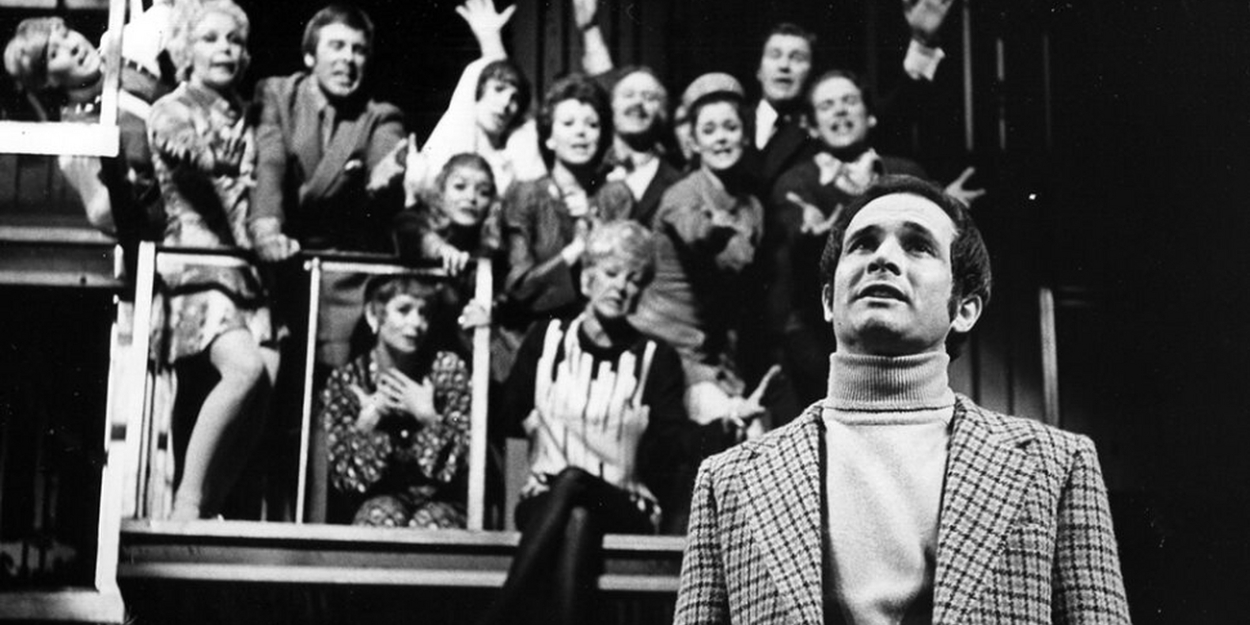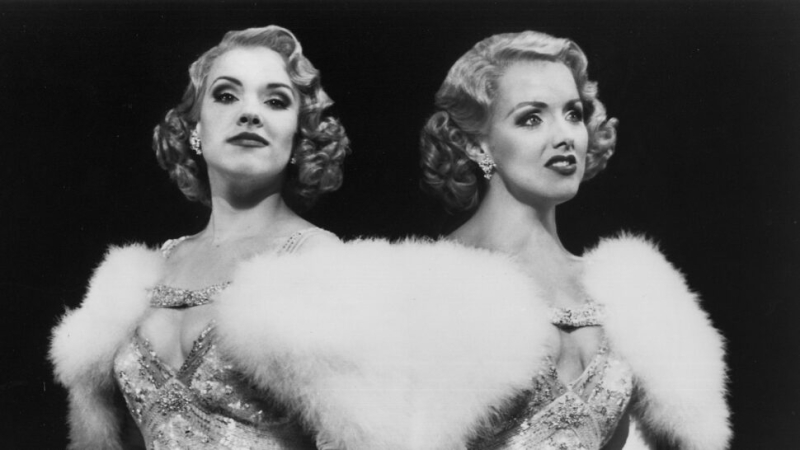Have the Tony Awards Ever Made Exceptions to Their Rules?
Jennifer Ashley Tepper Is answering your questions with Broadway Deep Dive!

Do you have a burning Broadway question? Dying to know more about an obscure Broadway fact? Broadway historian and self-proclaimed theatre nerd Jennifer Ashley Tepper is here to help with her new series, Broadway Deep Dive. Every month, BroadwayWorld will be accepting questions from theatre fans like you. If you're lucky, your question might be selected as the topic of her next column!
Submit your Broadway question in the comments here!
This month, the reader question was: There's a lot of talk about Lea Michele's performance in Funny Girl, and how she won't be eligible for a Tony Award since the show opened last season. Is there any history of Tony Awards rules changes/exceptions in the past?
Exceptions to Tony Awards rules have been historically rare, but they have happened.
At the 1971 Tony Awards, Larry Kert was nominated for the Leading Actor in a Musical Tony Award for his performance as Bobby in Company. Kert did not originate the role on Broadway; that distinction is held by Dean Jones, who also appears on Company's original Broadway cast album. But Jones left the production after only one month of performances at the Alvin Theatre. He was going through a challenging divorce at the time, and found it devastating to appear in Stephen Sondheim and George Furth's exploration of marriage, relationships, and bachelorhood, while navigating his offstage life.
As Donna McKechnie tells it, Jones was so troubled during rehearsals that stage management advised the rest of the cast to leave him alone whenever he was offstage, so he could have some space. They didn't really know at the time what was going on with Jones personally. When he left the show, the rest of the original Company company was blindsided. They never said goodbye or had any kind of send-off for Jones; he was just gone.
Many years later, there was a reunion concert of Company and when Jones and the rest of the cast reunited, they had a major reckoning. "We thought you hated us!" "I thought you hated me!" The cast, who had remained close, brought Jones back into the fold and bridges were mended.
But back in 1971, Company director and producer Hal Prince was tasked with replacing Jones after he had played only one month as Bobby. Prince brought in the immensely talented Larry Kert. Kert had originated the role of Tony in West Side Story. This was one of Kert's nine previous Broadway performances, which also included multiple other Prince productions. The large majority of those who saw Company on Broadway saw Kert as Bobby, as the others who played the role in addition to Jones-Kenneth Cory, John Cunningham, and Gary Krawford-played far fewer performances.
By the time the 1971 Tony Awards rolled around in March, Kert had been playing Bobby for 10 months, and Jones was long gone, having left after his one month. Prince campaigned the Tony Award administration committee to consider Kert for the award nomination instead of Jones, due to the unique circumstances. The committee ruled in Prince's favor, and indeed, Kert was nominated for his performance as Bobby. He lost the 1971 Tony Award for Best Leading Actor in a Musical to Hal Linden for The Rothschilds, but Company won several other prizes, including Best Musical.
At the time, Company set a record for most Tony Award nominations by a production, at 14 nominations. This was partially because six of Company's actors were all separately nominated-although none won. Company would hold the record for Most Tony Award Nominations until 2001, when The Producers received 15.

In 1998, the Tony Awards made another exception in a performance category when they allowed both Alice Ripley and Emily Skinner to be nominated jointly for Best Actress in a Musical for their roles in Side Show. As conjoined twins Daisy and Violet Hilton, who were real historic figures, Ripley and Skinner did receive praise for an unconventional set of intertwined performances. But it was only the third time the Tony Award committee had allowed two actors who shared the stage to share a nomination. Donal Donnelly and Patrick Bedford were jointly nominated as Best Actor in a Play for Philadelphia, Here I Come! In 1966 and John Kane and Winston Ntshona were jointly nominated (and won) for Best Actor in a Play for Sizwe Banzi is Dead and The Island (which played in repertory) in 1975. (In 2009, the Leading Actor in a Musical Tony Award was won jointly by the three actors who played the title role in Billy Elliot, David Alvarez, Trent Kowalik, and Kiril Kulish. But while they shared a role, they did not share the stage.)

Another exception to Tony rules that has been made a few times after a production has campaigned has been in regard to whether shows are eligible in the new musical or play category, or in the respective revival categories. In 2004, the Broadway production of Assassins campaigned to be considered as a revival rather than an original production. Although the show had not previously been seen on Broadway, it was an established musical in the canon. As such, it was ruled a revival, although a Broadway premiere. This has happened several other times. In fact, in the same season, Broadway saw a Little Shop of Horrors that was also deemed a revival rather than an original production, although it had never before played Broadway.
But back to the possibility of Lea Michele being eligible for a Tony Award for her portrayal of Fanny Brice in our current Broadway revival of Funny Girl...
Other than the exception made for Larry Kert in Company, a replacement actor has never been eligible for a performance Tony Award. In 2005, the Tony Awards created a new category for Best Replacement (called "Best Performance by an Actor or Actress in a Recreated Role"). Industry chatter that season speculated that the first award might be given to Jonathan Pryce who had replaced John Lithgow in the original Broadway production of Dirty Rotten Scoundrels or Harvey Fierstein who had replaced Alfred Molina in a revival of Fiddler on the Roof. When the 2006 Tony Awards rolled around, no one actor had received the amount of nominator votes required to be nominated for the award. The award was then eliminated entirely, instead of instituted on a trial basis for three Broadway seasons, as originally planned.
An exception so that a replacement actor can be eligible for a Tony nomination is very rare, but you never know!
An earlier version of this article omitted the instance of the 1960 Tony Awards, when all of the young actors playing the Von Trapp children in the original Broadway production of The Sound of Music were jointly nominated in the Best Featured Actress in a Musical category.
.png)
|
.png)
|
Videos


